It’s believed that some 1 billion people around the world drink coffee every day. With so many folks consuming the good stuff, it’s crucial to know how it can affect health.
Despite the bad press it can get, scores of studies point to coffee contributing to good health. Especially in the fight against particular diseases.

To that end, CoffeeRoast Co. has poured over the scientific literature to bring you the most impressive mental and physical health benefits of coffee as well as the potential harm of drinking one too many.
So keep reading to find out how that daily cup of joe can help or hinder your mind and body!
How coffee can be good for your health
1. IMPROVES MENTAL FOCUS
No matter if learning a new language or gearing up for a chess championship, the caffeine in coffee is virtually guaranteed to kickstart your brain.
That’s because caffeinated coffee blocks the neurotransmitter (adenosine) in charge of sleepiness. [1] Even in small doses, making us feel distinctly more alert and stepping up concentration levels. [2]
At the same time, increasing our ability to absorb information for at least up to 24 hours. And which in turn enhances short-term memory. [3]

2. PERKS UP MOOD
When you’re in a funk, one of the most convenient ways to beat it is to reach for a coffee.
Caffeine prompts the brain to up the manufacture of dopamine and serotonin, instantly lifting your spirits.
So successful is coffee at improving our emotional state that researchers say just a single cup per day brings down the risks of depression by nearly 10% [4] and suicide by a significant 45 to 53 percent. [5]

3. BOOSTS ENERGY LEVELS
Whether to get your morning started or as a pick-me-up after a heavy lunch, arguably the best known virtue of coffee is its energizing effect.
Again, it’s thanks to the caffeine decreasing fatigue while raising energy levels. [6]
One investigation noted how cyclists who drank caffeine before an exercise increased their time to exhaustion by 12%. [7]
ENHANCES PHYSICAL PERFORMANCE
Coffee also assists in improving physical performance and endurance. It's commonly used by athletes as an ergogenic aid [8], but just as useful as fuel for any kind of work-out.
The caffeine amplifies the level of adrenaline in the body dramatically pushing up response times. A review of 9 studies described how drinking coffee before exercise boosted an individual’s stamina and lowered how tired they felt. [9]
Oh, and contrary to popular belief, coffee doesn’t actually cause dehydration. [10]
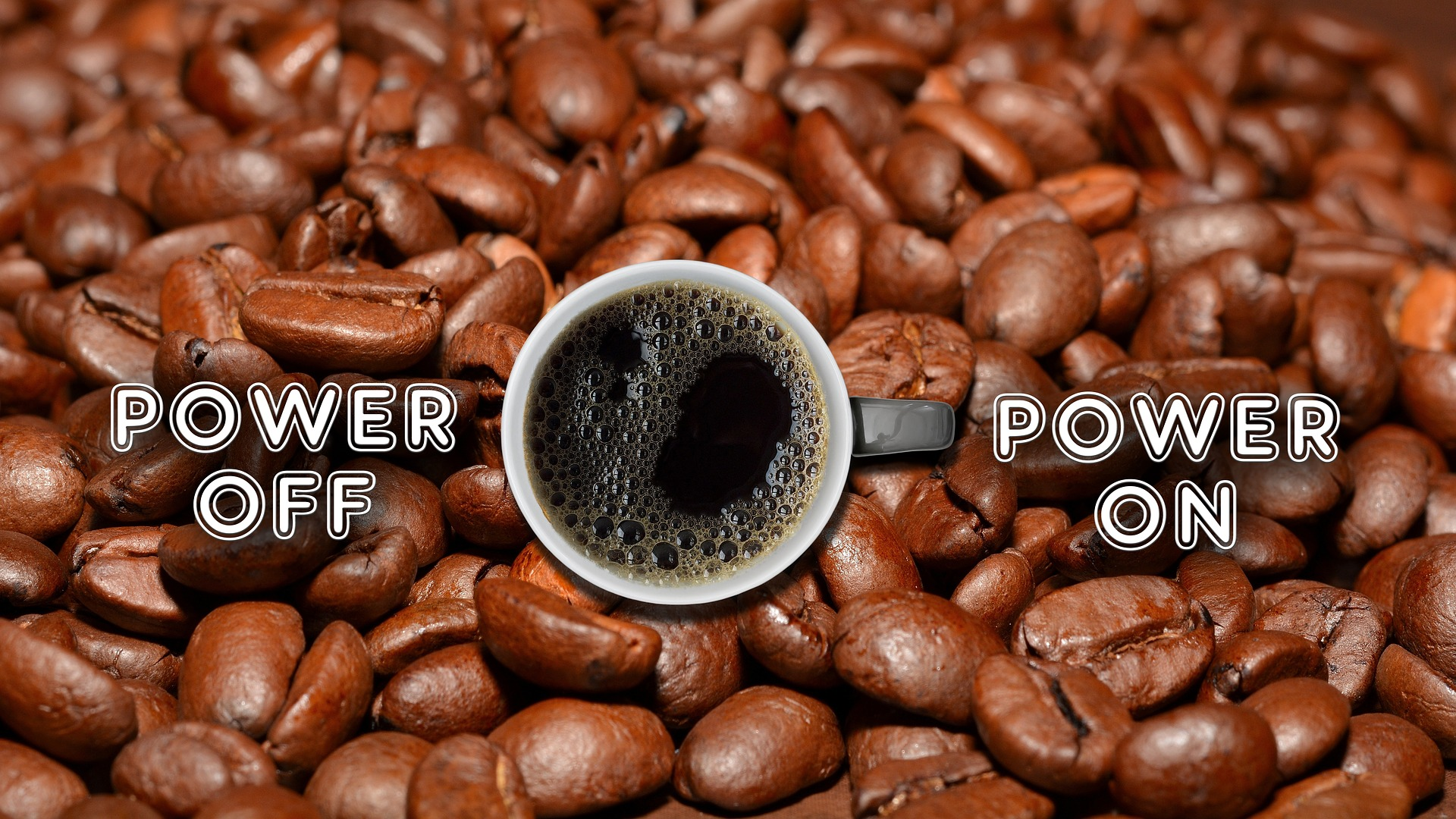
4. PROMOTES BRAIN HEALTH
Plenty scientific inquiries indicate that coffee intake may cut the odds of developing specific neurodegenerative illnesses later in life.
One paper found that there were fewer cases of Parkinson’s disease among regular coffee drinkers. [11] Such a positive impact could be due to the caffeine since the results didn’t hold true for decaf coffee. There’s some evidence too that coffee may slow the progression of the disorder over time. Not to mention only 2 8oz brews of caffeinated black coffee daily can help better control the involuntary movements of existing sufferers. [12]
The same goes for dementia, cognitive decline, and Alzheimer’s disease. One published work reported the risk was reduced by an incredible 65% when drinking 3 to 5 8oz cups of coffee a day. [13] It’s thought that the elevated levels of flavonoids in coffee may explain why.
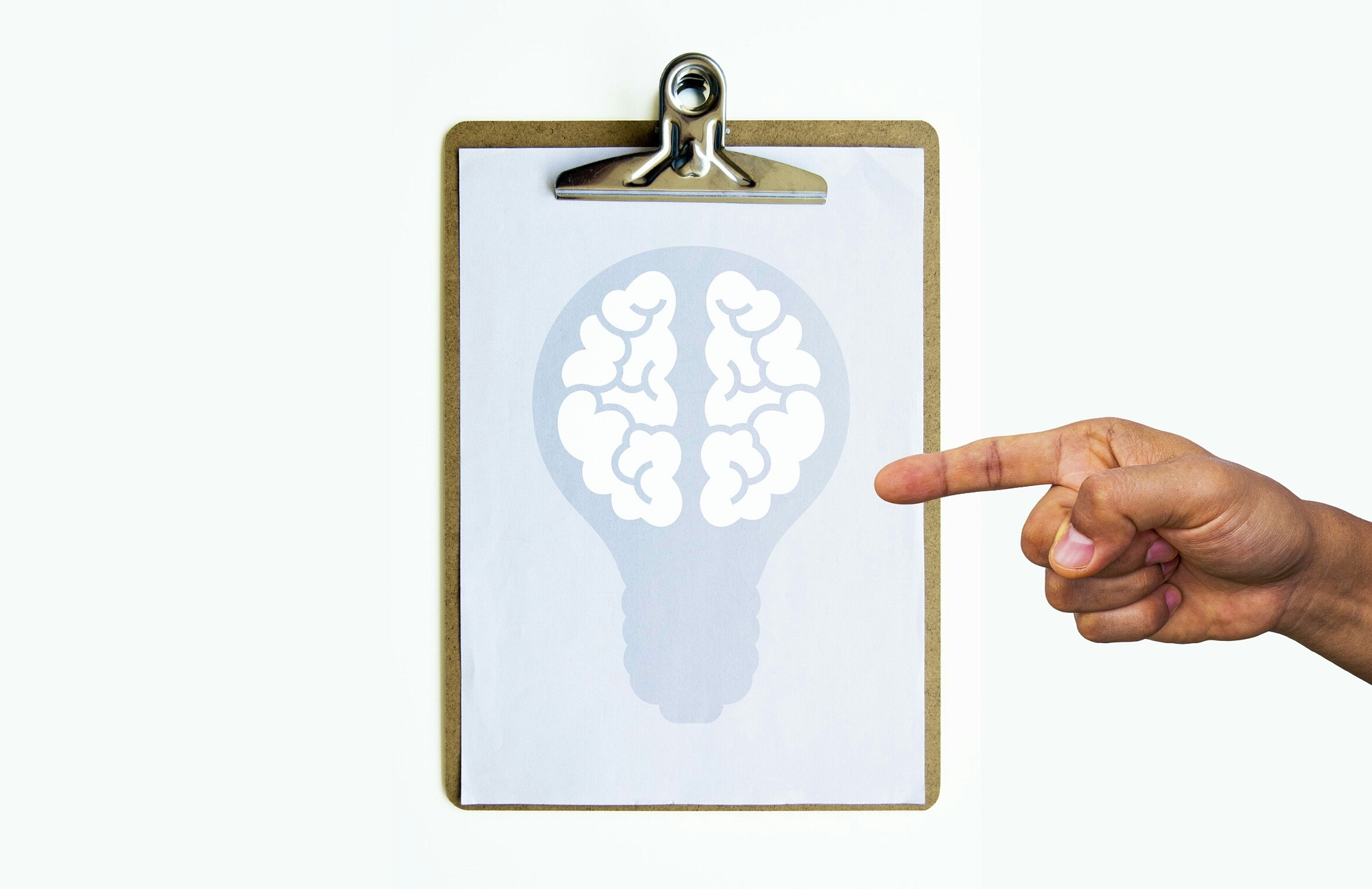
5. SUPPORTS HEART HEALTH
Based on other experiments, coffee drinking seems to make for a healthier heart and circulatory system.
One review discovered a 15% drop in cardiovascular disease among moderate coffee drinkers compared to those who don’t indulge. [14]
Another meta-analysis of 36 studies observed that a daily intake of 3 to 5 cups of coffee reduced the possibility of heart disease by the same percentage. [15] Though the reason for which isn't clear, one theory is that something in coffee gives blood vessels better control over blood flow and blood pressure.
Drinking a similar amount of coffee has also been shown to lower the chance of a stroke by 21%. [16] Consuming even less coffee, just 1 or 2 cups a day, may even ward off a person’s risk of heart failure in the long-term. [17]

6. SAFEGUARDS LIVER HEALTH
Quite a few scientific papers propose that coffee, of any sort, appears to be effective at guarding against a variety of liver conditions.
In one, coffee drinkers showed reduced liver stiffness [18], a measure used by healthcare professionals to evaluate the early stages of liver fibrosis. More so that the probability of death from more severe scarring of the liver (cirrhosis) was lowered by some 66%. [19]
Drinking 4 coffees every day has also been tied to a 71% decrease in the likelihood of fatal chronic liver disease. [20] Yet another study revealed that 2+ cups daily was connected to a 40% reduction in the rate of liver cancer. [21]

7. LOWERS CANCER RISK
That daily coffee might reduce the odds of several other types of cancer as well. Studies found that men who drank roughly 4 cups a day had a 20% reduced risk of prostate cancer [22]. And females, a 25% less chance of endometrial cancer. [23]
Emerging data has turned up similar figures for basal cell and melanoma skin cancers, plus colorectal carcinoma. Many reasons have been speculated as to why coffee is so effective in mitigating the threat of cancer. Since coffee speeds up digestion, it could decrease the likelihood of carcinogens lingering in the gut. Or perhaps it's because of coffee’s strong anti-inflammatory qualities.
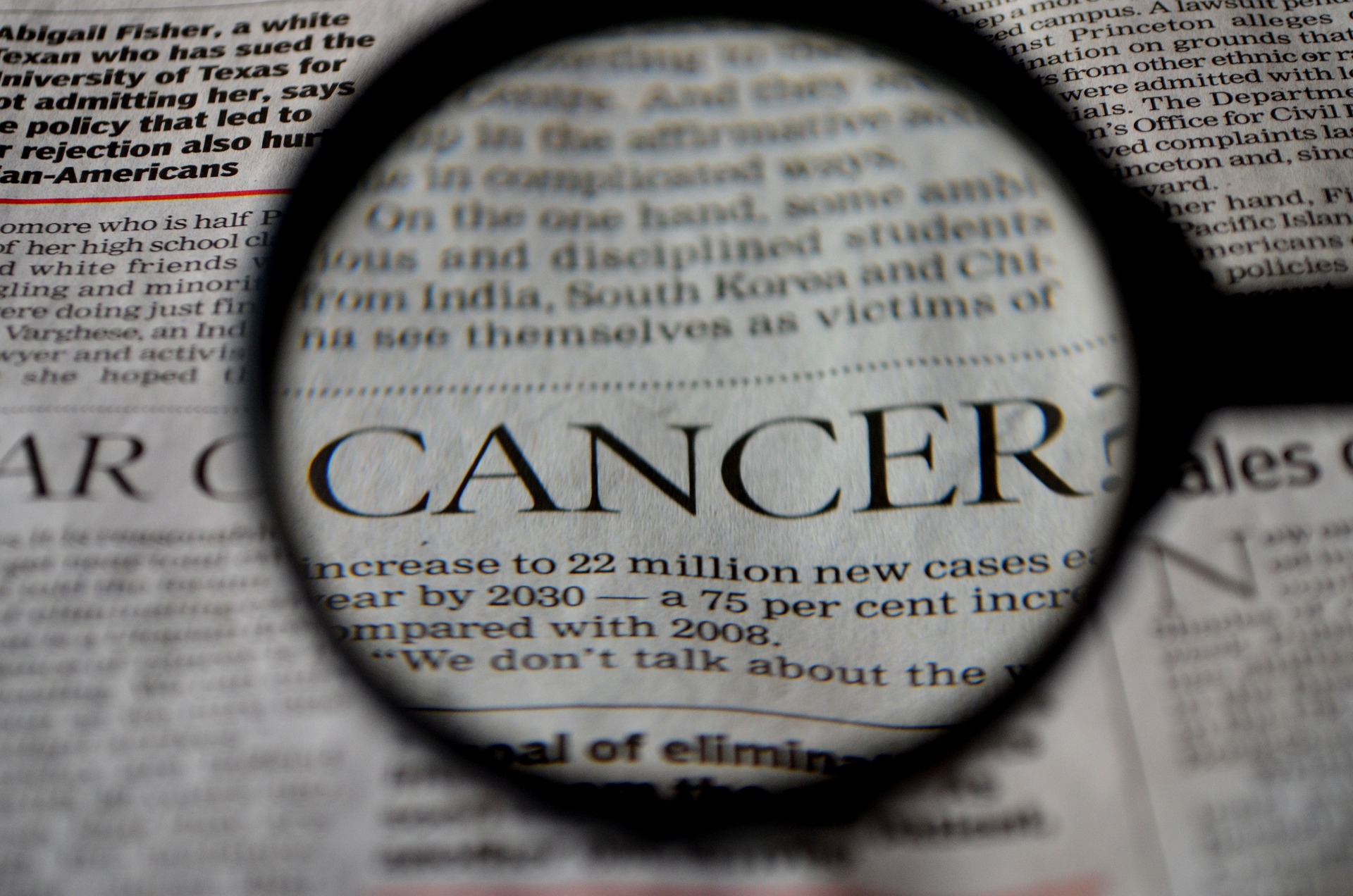
8. PROTECTS AGAINST TYPE 2 DIABETES
Research reveals that consuming coffee regularly, caffeinated or not, could diminish the chances of getting Type 2 diabetes mellitus. One study at Harvard tracked almost 124,000 people for 16 to 20 years. Participants who upped their intake of coffee by more than a cup a day over a 4 year period had an 11% decreased risk. [24]
As to why, the current school of thought is that the antioxidant content of coffee helps reduce inflammation in metabolic syndrome conditions.
ANTIOXIDANTS IN COFFEE
Coffee is absolutely packed with antioxidants such as polyphenols. Fresh lighter roasts from organic beans boasting the highest quantities of all.
Not only are these disease-fighting molecules implicated in lowering the risk of Type 2 diabetes, but also in neutralizing free radicals that cause cell damage. And in yeast anyway, proven to slow the ageing process. [25]
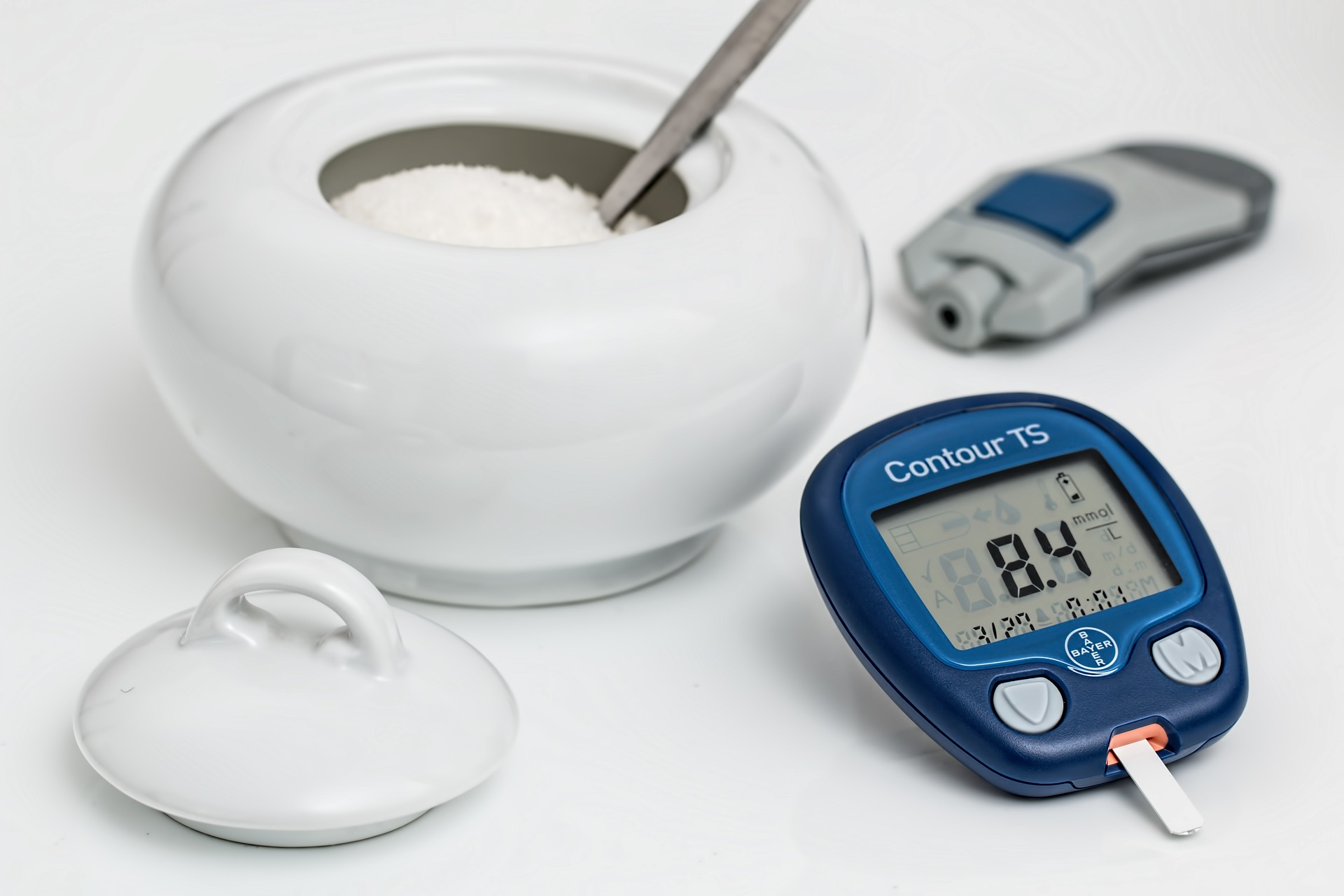
9. INHIBITS COVID-19
Among the latest findings on the health-giving properties of coffee is that it could offer protection from catching coronavirus.
In the lab, the chlorogenic acid (5-caffeoyl quinic acid) in coffee was shown to prevent the spike protein of SARS-CoV-2 from attaching to the ACE2 receptor on various human cells. [26]
Interestingly, a 200ml cup of filter coffee consists of 100mg of chlorogenic acid. More than enough to stop the alpha variant of COVID-19 from infecting the immune system.
Results aren’t conclusive but definitely promising.
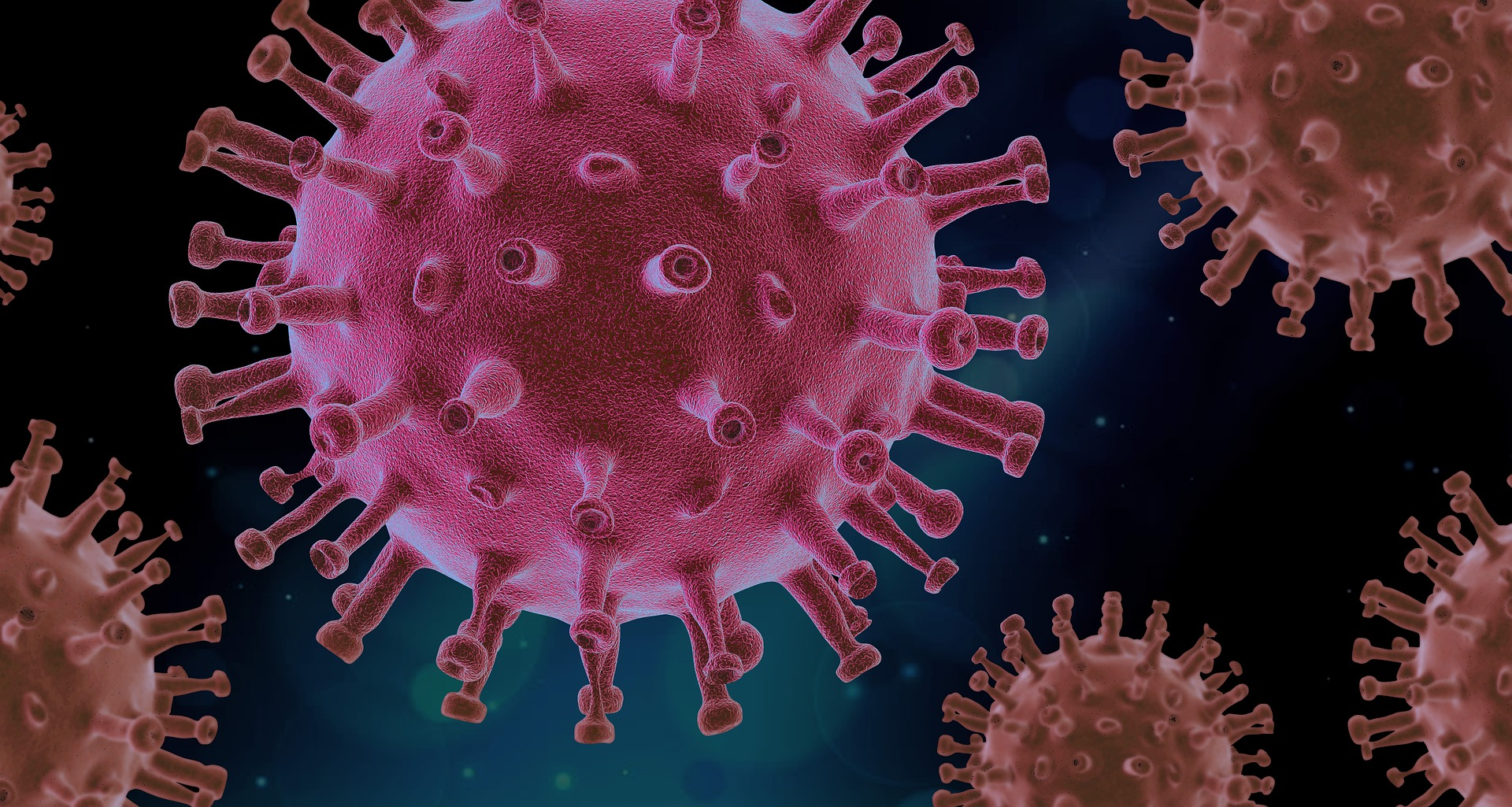
10. HELPS WEIGHT LOSS
If you’re looking to shed some unwanted pounds, the ‘coffee diet’ suggests 3 to 4 cups of black coffee each day.
A number of compounds in coffee (including caffeine) increase the rate at which stored body fats are burned up. Whilst essential nutrients like potassium and magnesium positively influence insulin levels and suppress hunger.
What’s more, the energy jolt from the caffeine could motivate the drinker to get more physically active. A meta-analysis of a dozen studies found that increased coffee consumption may be associated with reduced body mass, particularly in males. [27] Another review concluded the same for women. [28]
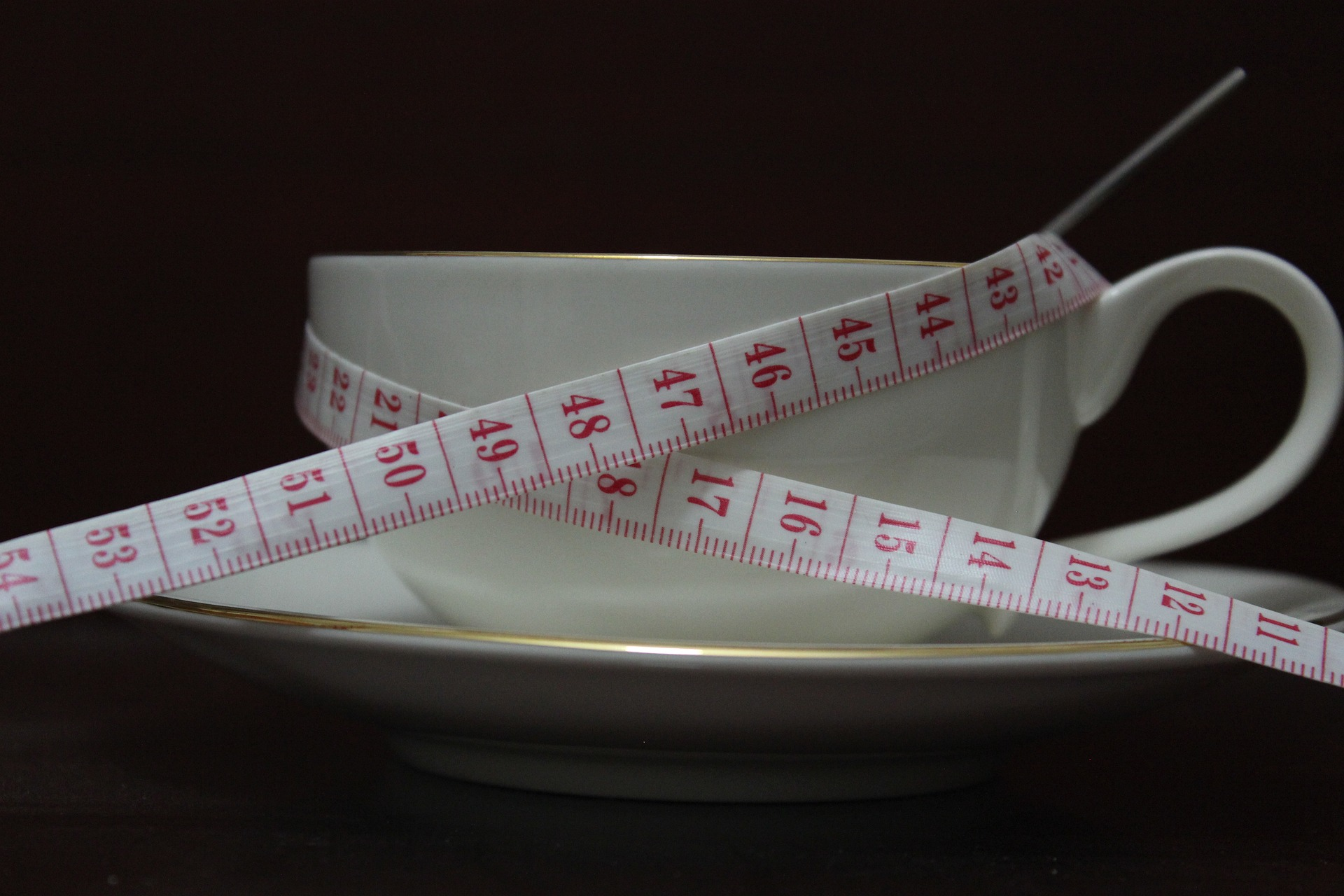
How coffee can be bad for your health
1. AGGRAVATES GUT COMPLAINTS
The natural acids in coffee can provoke acid reflux (from heartburn to Gastroesophageal Reflux Disease [GRD]) and digestive discomfort. On occasion, worsening the symptoms of certain intestinal conditions such as Irritable Bowel Syndrome [IBS]. [29]
Versus giving it up altogether, drink coffee with food, never on an empty stomach. Alternatively, a dark roast cold brew made from Arabica beans is the least acidic coffee so gentlest on the stomach.
2. TRIGGERS THE JITTERS
As a potent stimulant, going overboard with caffeinated coffee can cause some individuals to get jittery.
Along with shakiness, heart palpitations and restlessness, the main risk is a heightened feeling of anxiety. Even a case of more serious nerves in people who are prone to panic attacks or experience social anxiety disorder. [30]
Those who already suffer from or are pre-disposed to anxiety, are best drinking coffee in moderation. One cup or less per day, but also watching how their mood may be affected.
3. HURTS SLEEP QUALITY
Drinking caffeinated coffee late in the day can result in a poor night’s sleep. Short of resorting to decaf, stop with the caffeine 6 or more hours before bedtime. [31] For those who struggle with insomnia, nothing after around noon.
4. EXPOSURE TO TOXIC CONTAMINANTS
With the majority of coffee shrubs treated with chemicals, the main worry with green beans are the potentially hazardous residues left behind. Pesticides particularly have been linked to everything from fatigue to more troubling long-term health issues. [32]
Besides, coffee beans can be attacked by mold which can lead to harmful mycotoxins building up. As it happens, the danger is highest with decaf since caffeine is naturally produced by the coffee plant to protect from fungi and bugs.
Safest, therefore, to choose beans/grounds that are organically grown to ensure they’re free of herbicides, insecticides, and the like.
How to get the most health benefits of coffee
It’s important to know that no one coffee is good for all. Exactly how medically beneficial coffee is depends, among other things, on how it’s prepared as well as how it’s taken:
USE A FILTER
Filtered coffee, such as that from an Aeropress, is far healthier especially for older folks. Unfiltered brews, Turkish coffee, for example, have much greater amounts of diterpenes. Cafestol and kahweol oils in particular are known to raise Low-Density Lipoprotein [LDL] or ‘bad’ cholesterol in the blood.
DISTINGUISH BETWEEN ROASTS
Light roasts feature the highest concentrations of antioxidants. Whereas dark roasts, the lowest acidity and the least caffeine.
LIMIT THE CAFFEINE
Stick to what most doctors and the 2020-2025 Dietary Guidelines for Americans recommend as the maximum daily intake of caffeine: no more than 400 milligrams (an average 8 ounce cup of regular coffee contains 95mg). After which, change to decaf.
BLACK IS BEST
At just a couple of calories, zero fat and no carbs, plain black coffee is healthiest. Otherwise, skip or switch out the additives - - use a low-calorie sweetener such as Stevia over sugar, and natural flavorings (cinnamon or vanilla extract, say) rather than a flavored syrup. Also remember that darker coffee roasts are naturally sweeter in taste. And instead of cream, go with skimmed or almond milk.
THE SWEET SPOT
For most people, drinking 3 to 5 cups of java a day maximizes the health benefits without any of the ill-effects.
The miracle beverage
In addition to its famed sensory pleasures, it seems coffee is also quite the health elixir. From stimulating brain function to cutting the risk of serious chronic diseases like diabetes and cancer. With just a few cups a day making for a healthier, longer life. So what are you waiting for: why not begin to enjoy coffee’s many health benefits by roasting your own beans at home!
Sources
[1] https://pubmed.ncbi.nlm.nih.gov/24549722/
[2] https://www.ncbi.nlm.nih.gov/pmc/articles/PMC5608989
[3] https://www.nature.com/articles/nn.3623
[4] https://pubmed.ncbi.nlm.nih.gov/26339067/
[5] https://pubmed.ncbi.nlm.nih.gov/23819683/
[6] https://pubmed.ncbi.nlm.nih.gov/30137774/
[7] https://pubmed.ncbi.nlm.nih.gov/27864638/
[8] https://www.ncbi.nlm.nih.gov/pmc/articles/PMC6548757/
[9] https://pubmed.ncbi.nlm.nih.gov/26568580/
[10] https://www.ncbi.nlm.nih.gov/pmc/articles/PMC3886980/
[11] https://pubmed.ncbi.nlm.nih.gov/31416163/
[12] https://www.ncbi.nlm.nih.gov/pmc/articles/PMC7353179/
[13] https://pubmed.ncbi.nlm.nih.gov/20182054/
[14] https://pubmed.ncbi.nlm.nih.gov/29276945/
[15] https://pubs.acs.org/doi/abs/10.1021/acs.jafc.7b04506#
[16] https://pubmed.ncbi.nlm.nih.gov/33188952/
[17] https://www.ahajournals.org/doi/10.1161/CIRCHEARTFAILURE.119.006799
[18] https://pubmed.ncbi.nlm.nih.gov/34626832/
[19] https://aasldpubs.onlinelibrary.wiley.com/doi/full/10.1002/hep.27054
[20] https://www.ncbi.nlm.nih.gov/pmc/articles/PMC5440772/
[21] https://pubmed.ncbi.nlm.nih.gov/15756689/
[22] https://pubmed.ncbi.nlm.nih.gov/21586702/
[23] https://pubmed.ncbi.nlm.nih.gov/36041172/
[24] https://pubmed.ncbi.nlm.nih.gov/24771089/
[25] https://www.ncbi.nlm.nih.gov/pmc/articles/PMC7765085/
[26] https://pubs.rsc.org/en/content/articlelanding/2022/fo/d2fo00394e
[27] https://www.ncbi.nlm.nih.gov/pmc/articles/PMC6628169/
[28] https://pubmed.ncbi.nlm.nih.gov/32361729/
[29] https://www.ncbi.nlm.nih.gov/pmc/articles/PMC8778943/
[30] https://pubmed.ncbi.nlm.nih.gov/20164571/
[31] https://www.ncbi.nlm.nih.gov/pmc/articles/PMC3805807/
[32] https://www.frontiersin.org/articles/10.3389/fpubh.2022.1004570/full





Leave a comment